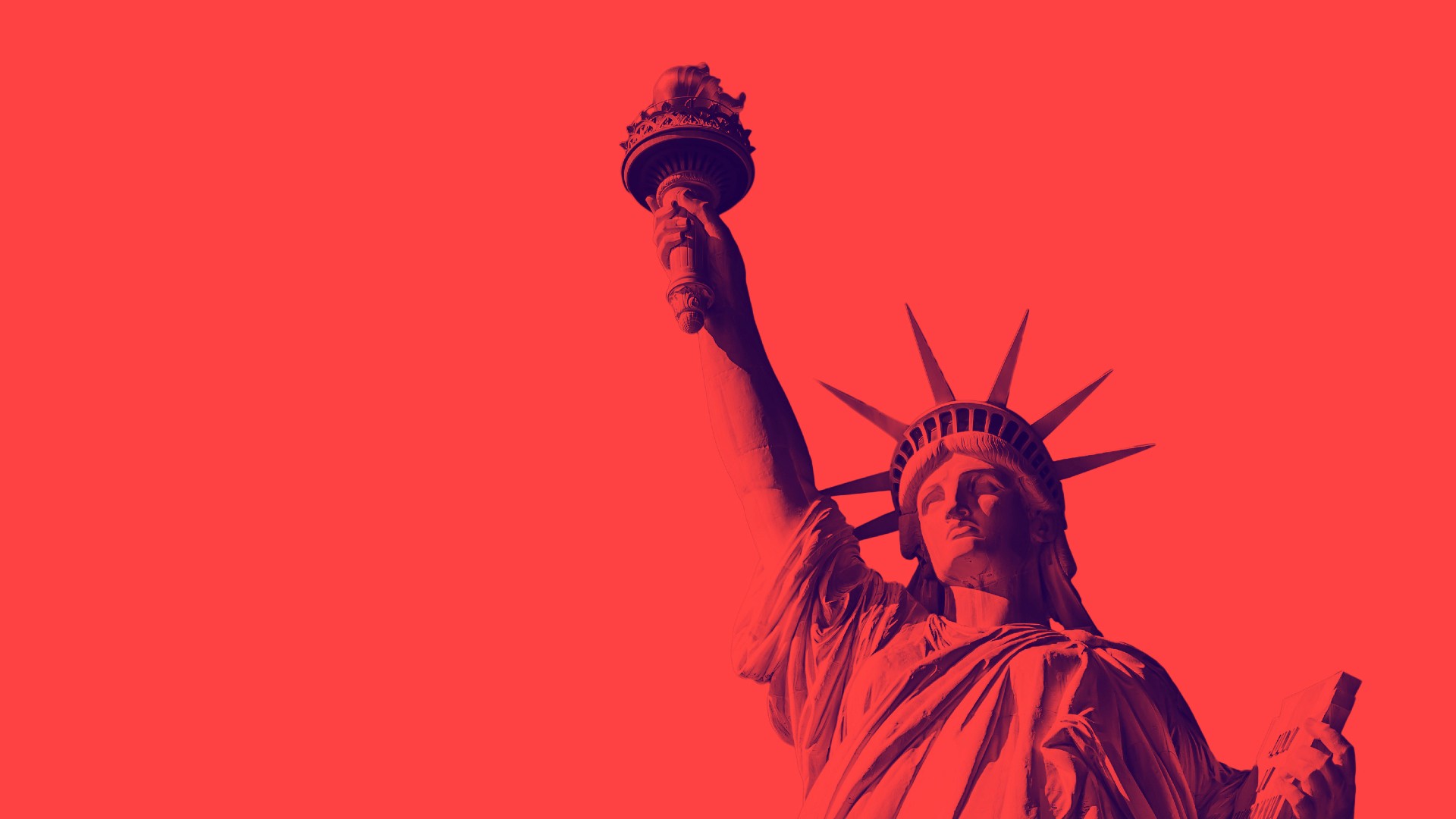Learning about America from other Iranians in Northern California was better than learning it from sitcoms in Oklahoma.
Reza Aslan: I was born in Iran in 1972 and spent my first seven years there. We came from a fairly large and well-off family. Sort of a landed aristocracy of Northern Tehran. And so I had in some ways a fairly traditional upbringing because of my father’s family. Very tribal. They’re actually Bakhtiari in heritage. So it was not uncommon for the sons, and their wives, and their children . . . for everyone to live in one giant house. My mother, on the other hand, came from sort of Iran’s nouveau riche. Her parents were stage and film actors. She came from a very large entertainment family. And at that time traditional households like my father’s would have seen my mother’s household – especially because her parents were divorced – as somewhat loose and perhaps not adequate to join their family. In fact, my father had already been betrothed to someone else since she was about seven years old. And even though he met my mother in college and fell in love with her, they had to essentially put an end to the relationship because my father had to marry somebody else. Fortunately for him, that woman that he was supposed to marry also fell in love, and actually had the guts to run away with her love, whereas my father didn’t. But that did open up the door for my parents to actually get married and move into my father’s house. And so I really grew up surrounded by a very large, extended family, and in many ways was sheltered from some of the political upheavals that were taking place in ‘78 and ‘79. For the most part what I understood was happening was, you know, whatever I could see outside of my window. And you know, for a kid all that mattered is that school was canceled and that you didn’t have to . . . that you had to stay at home all the time. So I really don’t remember too much about the turmoil itself. I do sort of have a sense of the fear and the anxiety that was ever present during . . . especially those last few months before the Shah was exiled. But we left Iran pretty much right after Iatola Komani arrived. We got all our stuff together. We were basically allowed to take one suitcase each, and got out on one of the last flights, and arrived in Oklahoma, of all places, not really knowing anything about America. So that was kind of a shock. And spent a year or so getting used to the United States by watching a lot of television . . . a lot of sitcoms, and Chips, and Bugs Bunny cartoons – and then ultimately moved to Northern California where there was a much larger area Iranian community. And that’s where I grew up in San Jose, San Francisco . . . the Bay area.
Recorded on: 7/5/07






